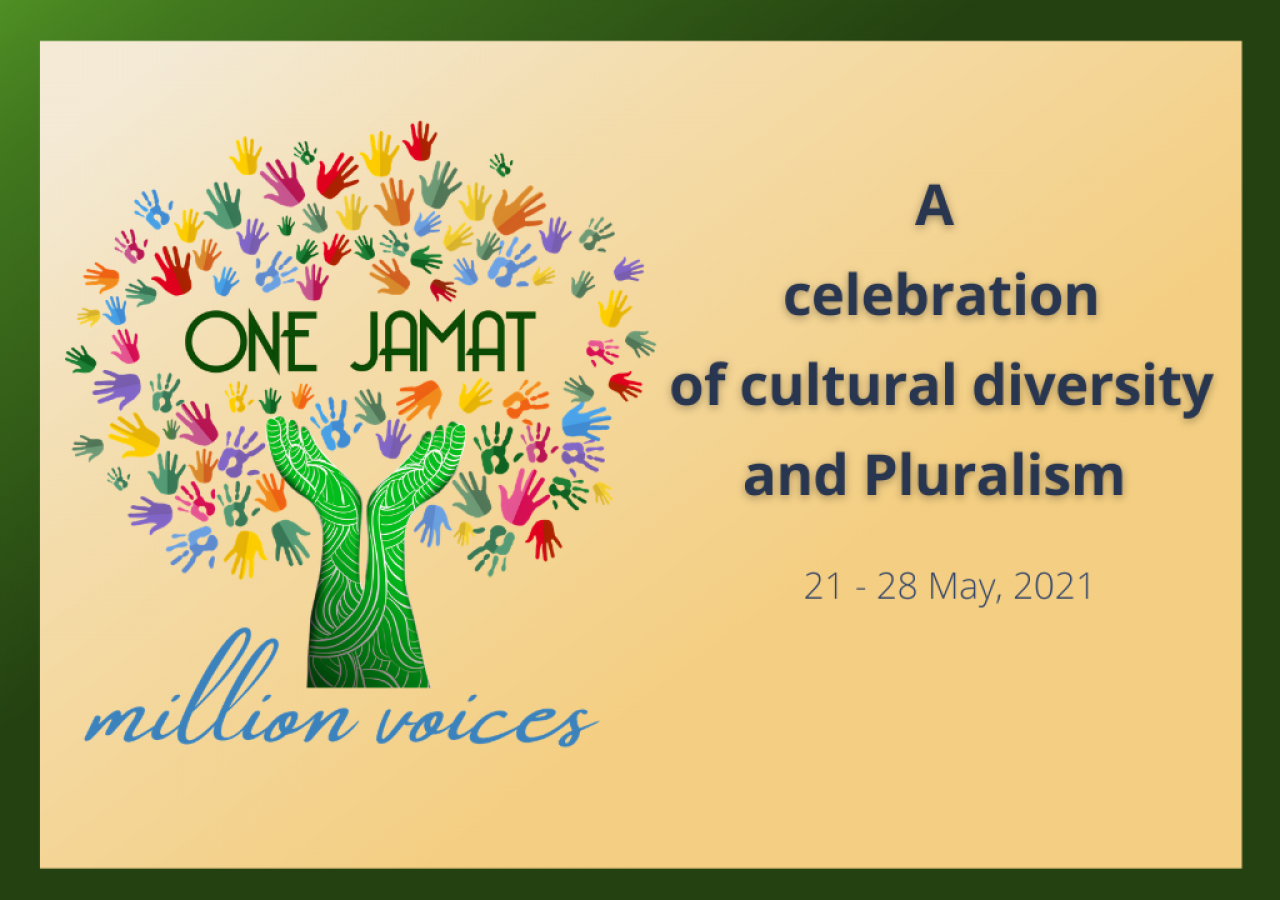Ya Ali Madad,
We start this special edition of the newsletter reflecting on the definition of what brings us here today.
What is the meaning of Pluralism? A plural system is one that accepts, recognizes, and tolerates the existence of different ideas, opinions, or thoughts. In other words, pluralism is accepting the existence of diversity.
According to the dictionary, the concept of diversity is defined as "everything that is diverse, that has multiplicity", that is, everything that presents plurality and that is not homogeneous. In a social context, diversity is just that: the coexistence of different individuals in relation to ethnicity, culture, gender, etc., in the same space or in a community.
Theoretically, it seems simple but, in practice, living in a different environment is a complicated task due to, in most cases, prejudice in society or ethnocentrism.
Ethnocentrism consists of a world vision that privileges the habits of our own culture, and precisely because we begin from them, that makes us put ourselves in the center and look at the other, "the different", as the inferior or the one in the wrong. It is our own conceptions of the world that serve as a reference for what we consider to be the correct world (but without being true), making the different something smaller, causing strangeness, prejudgment and even hostility.
And how can we combat this negative phenomenon? In a very simple way - looking for information. Encouraging education.
The way forward is to understand that there are different ways of thinking, living, and acting. It is also essential that we adopt a respectful attitude towards others. And this is something that needs to be stimulated since childhood, so that children grow up to be empathetic and without prejudice.
It is also critical to know our own history and, through it, find common points. There are many elements that represent a community, such as religion, language, customs, dance, art, cooking, music, among others. Through them, people who belong to a particular group can identify themselves with these common characteristics and build a shared identity.
And we finally come to the concept of empathy. Empathy is the ability to understand the need of the other. It is to feel what a person is feeling by putting ourselves in their shoes and seeing the world from their perspective. Are we all empathetic? Maybe not. But we all can develop empathy.
Having in mind all these ideas, and as a slogan to celebrate World Day for Cultural Diversity for Dialogue and Development, which is celebrated today, May 21, we will start a full week of initiatives, under the name "One Jamat. A Million Voices".
To better appreciate the diversity that exists in our community in Portugal:
- We will hear several testimonies of Jamati members, from different backgrounds and with different stories to share.
- We will get to know a little more about the different cultures and traditions that converge and enrich our Jamat more and more.
- We will launch initiatives where the Jamat can share their perspective.
- We will reflect on the Imam's vision for the future and what the mandate is for us, the Jamat Portuguese, as his ambassadors.
And how as a Jamat, volunteers and institutions, we can contribute for a positive inclusion of newly arrived members, contributing a great spirit of helpfulness within the community!
We are counting on you, during this week, that we have prepared especially for you, and hopefully at the end of this celebration we will be able to reflect together on the topics that will be addressed, on the stories that will be shared and that we can all enhance the ability to put ourselves in the place of the other, and who knows, step by step, build a better world and become better people.
"I don't want my house to be surrounded by walls on all sides and my windows to be covered. I want the culture of all peoples to walk around my house with as much freedom as possible."
Mahatma Ghandi







